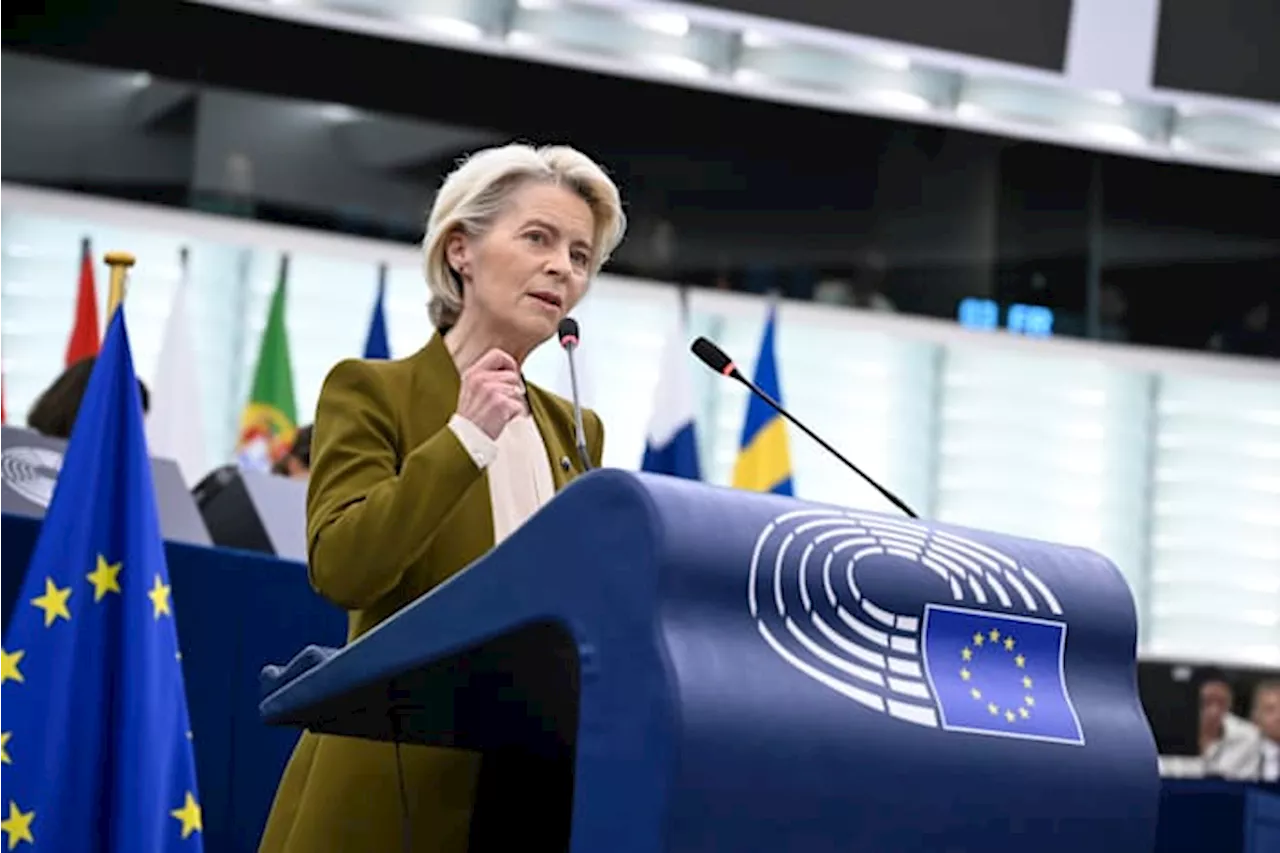Top Stories
Islamophobic Incidents Surge in Australia Amid Gaza Conflict

Reports indicate a sharp increase in Islamophobic incidents across Australia since the outbreak of conflict in Gaza. A recent analysis shows a staggering 150 percent rise in physical anti-Muslim incidents and a 250 percent increase in online harassment cases since October 2023. These figures underscore a troubling trend that has raised concerns among advocacy groups and communities.
The findings come from a special report released by the Australian Human Rights Commission. The report highlights the alarming frequency of both physical attacks and online abuse directed at Muslims, reflecting a broader pattern of intolerance linked to geopolitical events. The surge in incidents coincides with escalating violence in the Gaza Strip, which has sparked renewed tensions globally.
Details of the Report
According to the report, the rise in incidents has created an environment of fear within Muslim communities. Physical attacks, which include assaults and vandalism, have reportedly risen sharply. In urban centers such as Sydney and Melbourne, Muslims have expressed heightened anxiety about their safety. Many individuals have shared stories of being targeted in public spaces, leading to calls for increased police presence and community support initiatives.
Online harassment, which has seen an even more dramatic increase, often manifests through social media platforms. Users have reported a spike in hate speech and derogatory comments, often tied to current events in the Middle East. This digital vitriol not only affects individuals personally but also contributes to a broader culture of Islamophobia.
The Australian Human Rights Commission urges the government to take a proactive stance against these incidents. They recommend implementing educational programs aimed at fostering understanding and respect among diverse communities. A spokesperson for the commission stated, “It is imperative that we address these issues at their root and promote social cohesion.”
Impact on Communities
The rise in Islamophobia has not only affected individuals but has also strained community relations. Religious leaders have called for unity and understanding, emphasizing the importance of dialogue in combating hatred. Many community organizations are working to provide support to those affected by discrimination, offering resources and safe spaces for discussion.
Moreover, the report has sparked a wider conversation about the role of media in shaping public perceptions. Analysts suggest that sensationalist coverage of international conflicts can contribute to stigmatization and fear. This awareness has prompted various media outlets to reassess their reporting practices, ensuring that they do not inadvertently perpetuate harmful stereotypes.
The Australian government has committed to monitoring these incidents closely, with plans to bolster resources for combating hate crimes. Community engagement initiatives are in the pipeline, aiming to build bridges between different cultural and religious groups.
In conclusion, the significant rise in Islamophobic incidents in Australia since the conflict in Gaza highlights a critical need for comprehensive strategies to combat discrimination. As communities grapple with these challenges, the hope remains that increased awareness and proactive measures can foster a more inclusive society for all.
-

 Lifestyle3 months ago
Lifestyle3 months agoLibraries Challenge Rising E-Book Costs Amid Growing Demand
-

 Sports3 months ago
Sports3 months agoTyreek Hill Responds to Tua Tagovailoa’s Comments on Team Dynamics
-

 Sports3 months ago
Sports3 months agoLiverpool Secures Agreement to Sign Young Striker Will Wright
-

 Lifestyle3 months ago
Lifestyle3 months agoSave Your Split Tomatoes: Expert Tips for Gardeners
-

 Lifestyle3 months ago
Lifestyle3 months agoPrincess Beatrice’s Daughter Athena Joins Siblings at London Parade
-

 World3 months ago
World3 months agoWinter Storms Lash New South Wales with Snow, Flood Risks
-

 Science3 months ago
Science3 months agoTrump Administration Moves to Repeal Key Climate Regulation
-

 Science2 months ago
Science2 months agoSan Francisco Hosts Unique Contest to Identify “Performative Males”
-

 Business3 months ago
Business3 months agoSoFi Technologies Shares Slip 2% Following Insider Stock Sale
-

 Science3 months ago
Science3 months agoNew Tool Reveals Link Between Horse Coat Condition and Parasites
-

 Sports3 months ago
Sports3 months agoElon Musk Sculpture Travels From Utah to Yosemite National Park
-

 Science3 months ago
Science3 months agoNew Study Confirms Humans Transported Stonehenge Bluestones









